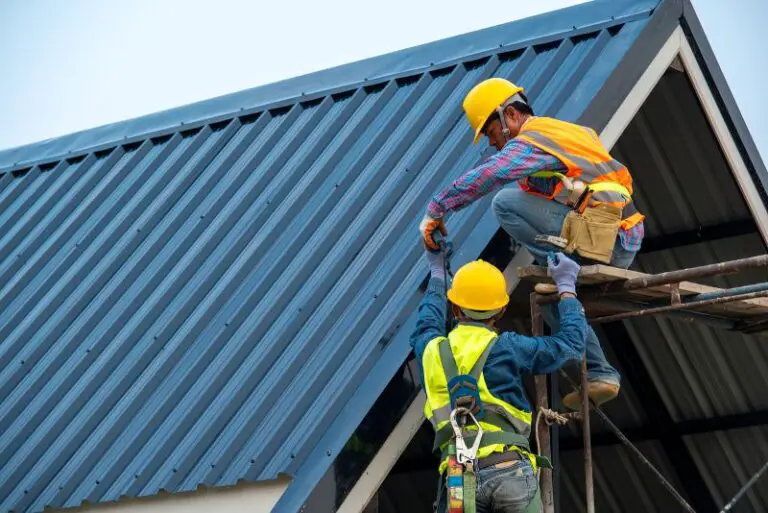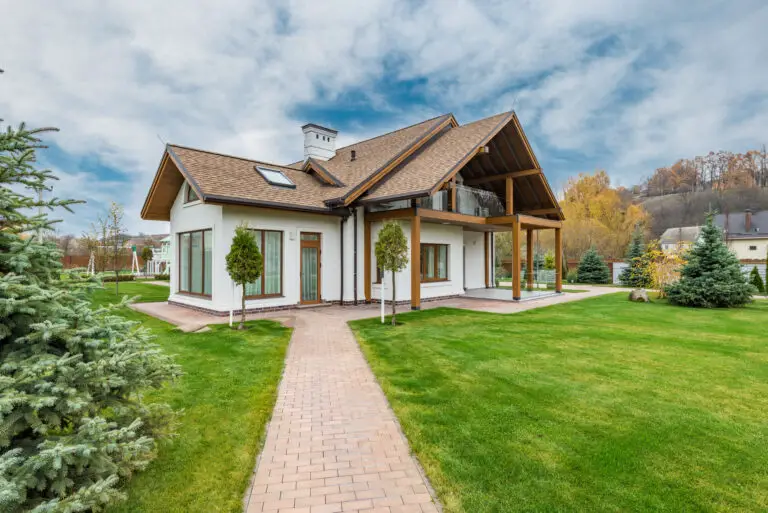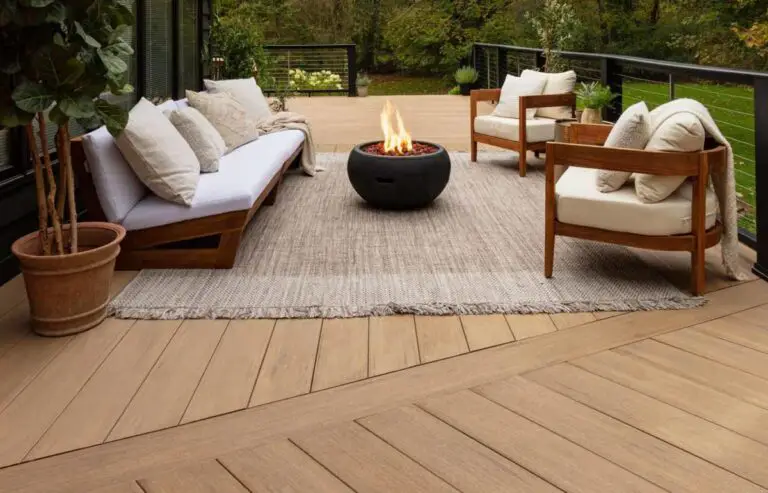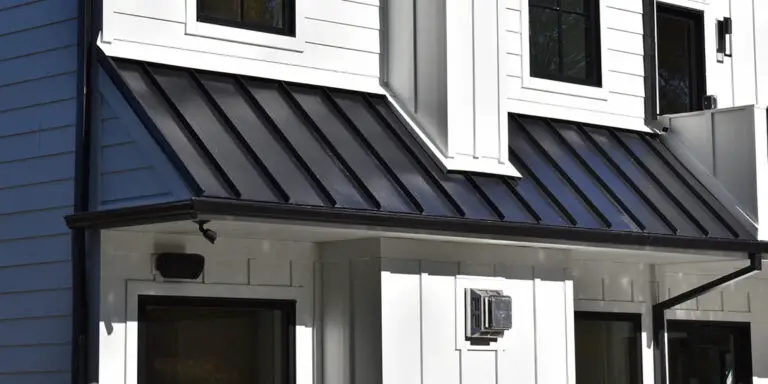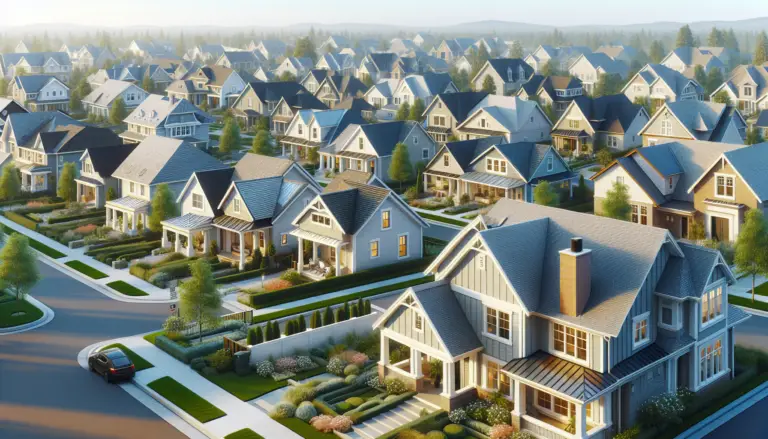Integrating Solar Panels into Modern Home Design: A Sustainable Approach
As the world increasingly embraces sustainable living, modern home design is evolving to incorporate eco-friendly solutions, with solar panels at the forefront of this movement. The integration of solar panels into contemporary home architecture offers homeowners a chance to reduce energy costs and embrace a more sustainable lifestyle.
Sustainable Aesthetics: Harmonizing Solar Panels with Modern Architecture
Modern home design places a premium on sleek lines, open spaces and minimalist aesthetics. Integrating quality solar panels, which can be found when you visit EnergyPal, into this design ethos requires a thoughtful approach. This is to maintain the visual appeal of the structure. Architects and designers are exploring innovative ways to harmonize solar panels with modern architecture, making them an integral part of the design rather than an add-on.
Solar-Ready Roofs: Designing roofs that are ready for solar panel installation is a key consideration. This involves selecting roofing materials and configurations that accommodate solar installations without compromising the architectural integrity of the home. Solar-ready roofs often feature clean lines and subtle slopes to blend seamlessly with modern design principles.
Architectural Solar Elements: Incorporating solar panels as architectural elements rather than appendages is gaining popularity. This includes designing solar canopies, awnings or screens that not only generate energy but also serve as design focal points. These elements contribute to the overall aesthetics of the home, demonstrating that sustainability can be both functional and visually appealing.
Energy Efficiency and Performance: Optimizing Solar Integration
Beyond aesthetics, the successful integration of solar panels into modern home design hinges on optimizing energy efficiency and performance. Homeowners seek not only to generate clean energy but also to reduce their dependence on the traditional power grid.
Customized Solar Solutions: Modern homes often come in various shapes and sizes, and a one-size-fits-all approach to solar panel installation may not be optimal. Customized solar solutions involve designing the solar system to match the specific energy needs of the home.
Energy Storage Solutions: Integrating solar panels into modern home design goes hand-in-hand with effective energy storage solutions. Home batteries, such as those using lithium-ion technology, allow homeowners to store excess energy generated during the day for use during periods of low sunlight or high energy demand. This enhances the overall efficiency of the solar power system.
Smart Home Integration: Monitoring and Optimizing Solar Energy Usage
In the era of smart homes, integrating solar panels involves more than just installation. Smart technology plays a crucial role in monitoring and optimizing energy usage, giving homeowners greater control over their carbon footprint and energy costs.
Smart Inverters: Advanced inverters and monitoring systems enable real-time tracking of energy production and consumption. Smart inverters optimize the performance of solar panels by adjusting to changes in sunlight intensity, ensuring maximum energy output.
Home Automation Integration: Integrating solar panels into a modern home often involves seamless integration with existing home automation systems. Smart thermostats, lighting controls and energy-efficient appliances can be synchronized with the solar power system. This not only enhances energy efficiency but also allows homeowners to make data-driven decisions about when and how they use energy in their homes.
In conclusion, the integration of solar panels into modern home design represents a commitment to sustainability and energy efficiency. As technology continues to advance, the marriage of sustainable design and solar power is poised to redefine the way we approach residential architecture in the 21st century.

